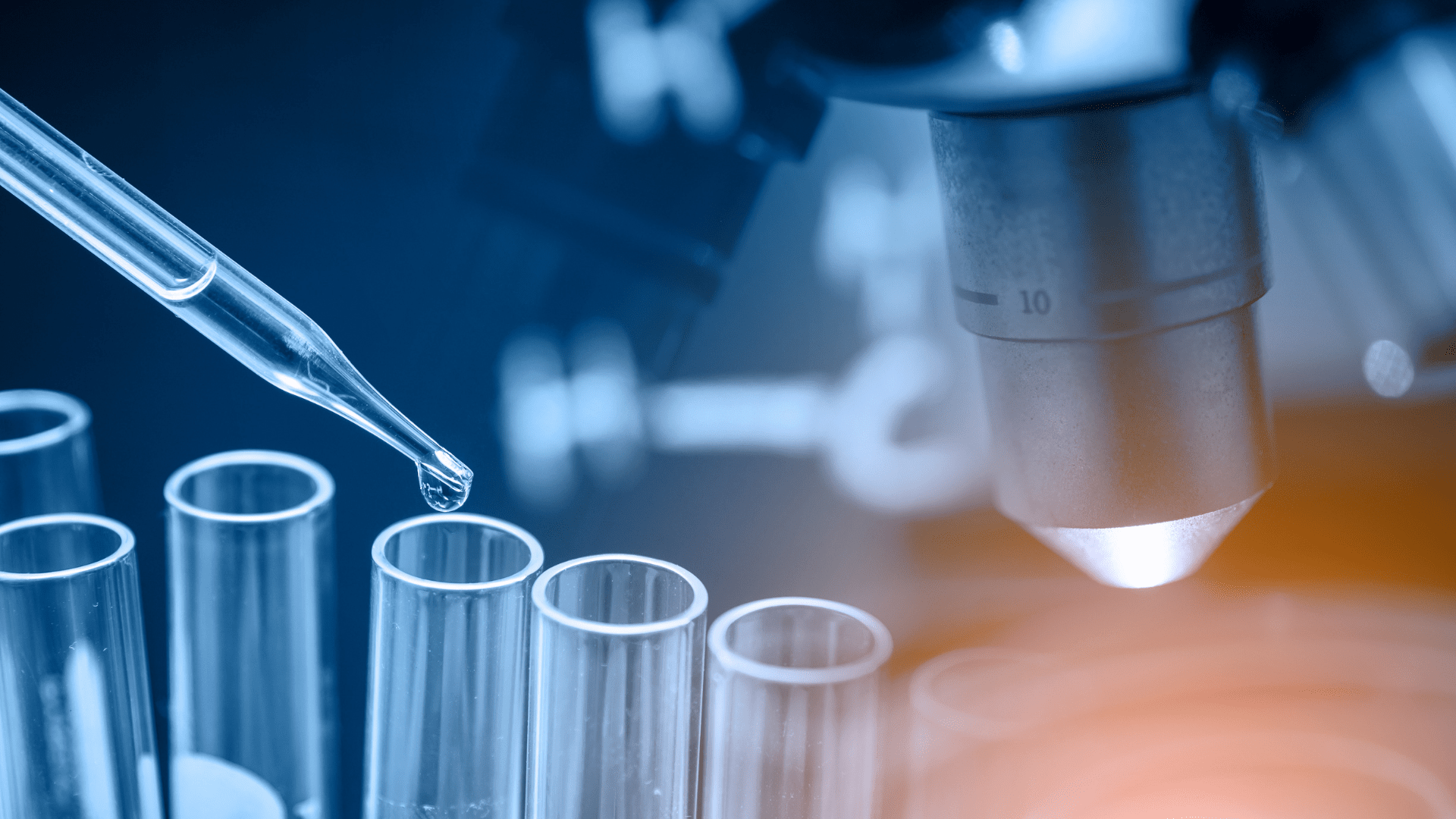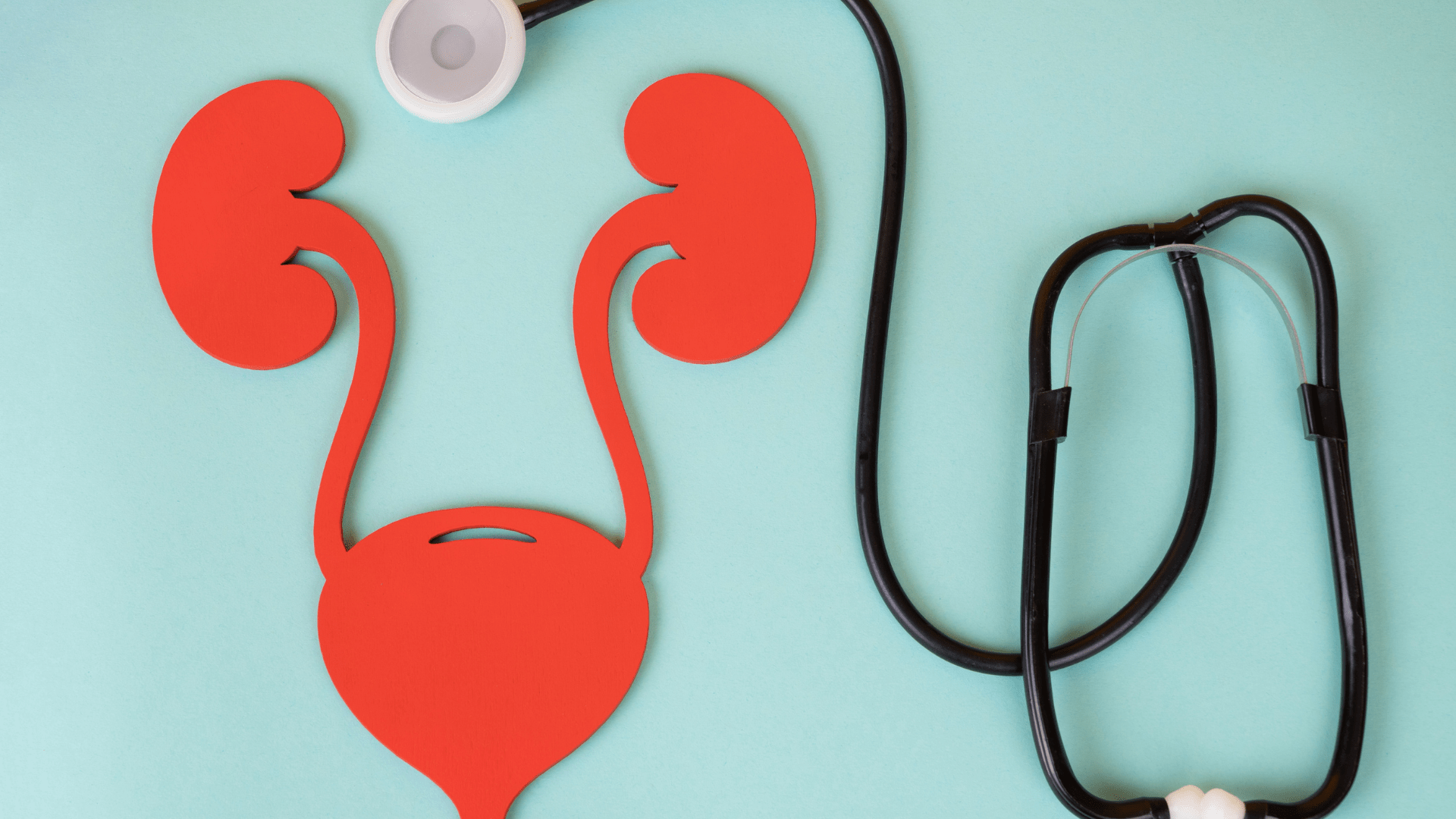Let’s be honest. There’s a lot of pressure women face about having children early. Most people don’t care about your career goals, timeline, or whether you’re ready to make the lifelong commitment of bringing another life into the world.
Then, there’s the biological aspect of it, too, because fertility in women naturally declines as they grow older. When you add this to that aunt that constantly greets you with “When will you marry and give us babies?”, the quiet panic about when to have kids goes from 0 to 100 real quick.
So, now you’re thinking about freezing your eggs because you heard from a friend or saw it on social media. You find yourself in a deep Google rabbit hole with a million tabs open and more questions than answers, wondering if you should freeze your eggs or not.
Let’s make things easier. We’re going to break down the what, how, why, when, and all questions on egg freezing. This is your simple guide to what it really involves, the good parts, and the not-so-glamorous bits, because you deserve to make an informed choice about your body.
What Is Egg Freezing?

Egg freezing is a process where your eggs are collected, frozen, and stored for future use. It’s basically putting a pause on fertility till you’re ready to press play.
The ideal time to freeze your eggs is before you clock the big 35, around your 20s to early 30s, because fertility naturally declines as you grow older.
How Does Egg Freezing Work?
So, you don’t just walk in and have your eggs magically whisked and frozen. It’s a carefully done step-by-step process, and each step is very important. Each step has “fancy” medical names, but don’t be alarmed. We’re going to break down the science behind the magic.
Step 1: Ovarian Reserve Assessment
First stop: the fertility clinic. You’ll need to meet with a fertility doctor, who’ll run some tests to check how many eggs you have left – your ovarian reserve.
You’ll do a transvaginal ultrasound scan to check what is called the Antral Follicle Count, which tells us the number of tiny sacs (follicles) in your ovaries that have the potential to develop into mature eggs.
Your hormone levels will also be checked, including:
- Anti-Mullerian Hormone (AMH): Helps estimate your overall egg quantity.
- Follicle-Stimulating Hormone (FSH): Tells us how hard your body is working to grow eggs. A higher-than-normal value means your body’s working overtime, and you might have a low ovarian reserve.
- Luteinizing Hormone (LH): Works with FSH to regulate your cycle and trigger egg release.
- Oestradiol: Helps track follicle development and ovulation timing.
You might ask, “What’s the point of all these tests?” It helps your doctor determine the dose of the hormones to give you and how responsive your ovaries will be to the stimulation that’ll be done in the next step.
Step 2: The Controlled Ovarian Stimulation
It’s time to wake the ovaries up!
At this stage, you take daily hormone injections for about 10 -14 days. These hormone injections are Gonadotropins (like FSH and sometimes like LH), and they encourage your ovaries to produce multiple follicles. This is because your body usually matures one egg per month, and the goal is to get it to mature a whole bunch at once.
Timing is everything. Your body might try to ovulate early and release those eggs before they are ready, which is not ideal. To prevent this, your doctor will add another injection mid-cycle to tell your body to hold off on ovulation until everything is ready.
Eventually, when the leading follicles reach a good size, you’ll take a trigger injection, which tells your body that it’s time to mature those eggs for collection.
The not-so-fun part about this step? You actually give yourself these injections! It might sound scary, but you’re not alone. You’ll be taught how to administer these injections under your skin. Your doctor would also check in with you regularly and track your follicular development with oestradiol checks and ultrasound scans.
Step 3: The Egg Retrieval
Approximately 36 hours after the trigger shot, your eggs are retrieved through a short and minor procedure.
No, it’s not done blindly (your doctor uses an ultrasound to guide a thin needle through your vaginal wall to your ovaries retrieve the fluid containing the eggs). No, you typically wouldn’t feel pain (the procedure is done under some light anaesthesia).
The retrieved fluid is then examined carefully, and the mature ones are selected for freezing.
Step 4: Freezing
Now for the super-cool part (literally). The mature eggs are frozen through a method called vitrification. It’s an ultra-rapid freezing method that prevents ice crystal formation, because we’re not making ice blocks here.
The eggs are then stored in liquid nitrogen for the future! Your eggs = frozen in time, like a Disney Princess.
However, it is also important to note that not all eggs will survive the thawing process when you are ready to use them, and even fewer may fertilize with the sperm or develop into embryos. This is why the number of eggs that are frozen matters.
What Are the Benefits of Egg Freezing?
- You get to chill while your eggs chill, especially if you’re not ready to get pregnant now.
- It’s also beneficial for women who are about to start cancer treatment or other treatments that could affect their fertility.
- As women age, the quality of their eggs gradually declines. Freezing your eggs at a younger age can help preserve them in their younger and healthier stage.
What Are The Risks of Egg Freezing?
- Side effects from the medications can include bloating, mood swings, or cramps. Like PMS, but slightly more intense.
- Ovarian Hyperstimulation Syndrome (OHSS): This is a rare but possible side effect. Basically, your ovaries can do too much and get swollen and painful. If you start experiencing bloating, abdominal discomfort, nausea, or difficulty breathing, you should contact your doctor immediately.
- In the spirit of keeping it 100% real, egg freezing doesn’t guarantee pregnancy. Yes, freezing your eggs can help when you’re ready, but the success depends on your age, egg quality, and other health factors.
- It’s not a walk in the park. The process can be intense – physically, emotionally, and financially.
Are There Alternatives to Egg Freezing?
Yes, there are! These alternatives depend on your situation.
- Embryo Freezing: The eggs are retrieved, fertilised with sperm, and then the embryo is frozen. The success rates are higher, also because the embryos are more resilient in the thawing process. However, there are factors that may affect your decision to opt for this option. If you’re currently single, because the streets are not smiling, and you are not ready to use a donor sperm, then this option might not be for you. There are also the legal and emotional considerations if you’re using your partner’s sperm, because things can get messy if you break up later.
- Ovarian tissue freezing: This is still experimental and is often used in young cancer patients. It involves removing and freezing ovarian tissue, which can later be transplanted back to restore fertility. It’s not mainstream yet, but definitely worth knowing about.
- In-Vitro Fertilisation (IVF): Another option is to wait and do IVF when you’re ready to get pregnant, with no freezing. But keep in mind, the older you are, the fewer eggs you may have, and they might not be as high quality.
Each of these options has its pros and cons. What works best depends on your goals, health, and values.
Final Thoughts
Egg freezing isn’t just about preserving your fertility. It’s about giving yourself more choices and control over your future. It’s also a deeply personal decision, one that you have to make after considering all the pros and the cons.
If you don’t know where to start, you can connect with a Fertitude fertility specialist to help guide you.
Frequently Asked Questions
Can I still conceive naturally after freezing my eggs?
Yes! As long as there are no other factors that might affect your fertility, freezing your eggs doesn’t stop you from conceiving naturally when you’re ready.
What is the best age to freeze my eggs?
20s to early 30s is often ideal, but it can vary. The younger the eggs, the better their quality.
How long will the frozen eggs last?
Technically, eggs can remain frozen for 10 years (or more, depending on the country and facility) with little loss in quality, if stored correctly. Some healthy babies have been born from eggs frozen over a decade ago.
What happens when I want to use my frozen eggs?
A group of eggs is thawed and fertilised with either your partner’s sperm or donor sperm, usually through a process called intracytoplasmic sperm injection (another fancy medical term). This is usually preferred over the natural methods, due to higher chances of success.
Are there effects on children born from egg freezing?
Current research shows no increased risk of birth defects or health issues compared to natural conception.
Does egg freezing guarantee 100% success of getting pregnant?
No, unfortunately. Success depends on many factors such as your egg quality, your age, and overall health.
Is egg freezing expensive?
Yes, it is. We can’t give you an exact figure, and although the costs vary depending on your country and clinic, they are quite expensive.
References
Freezing Eggs: Preserving Fertility for the Future | Johns Hopkins Medicine





